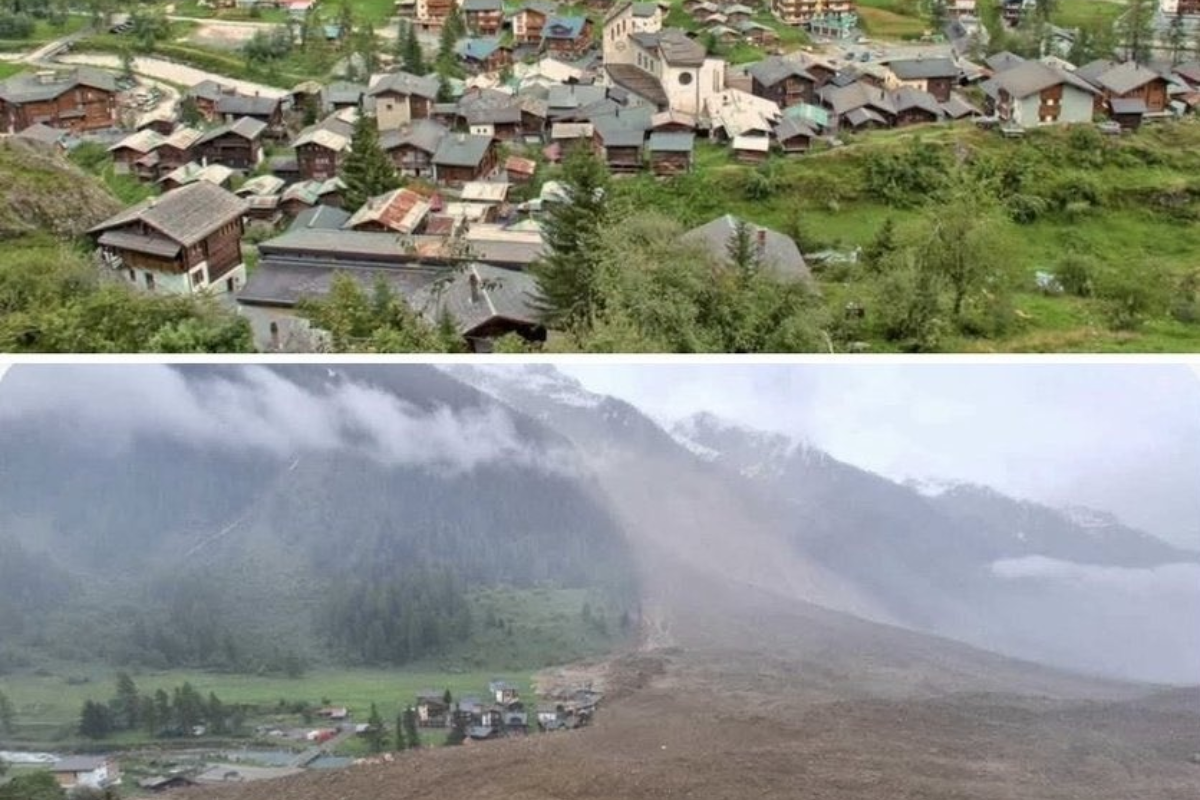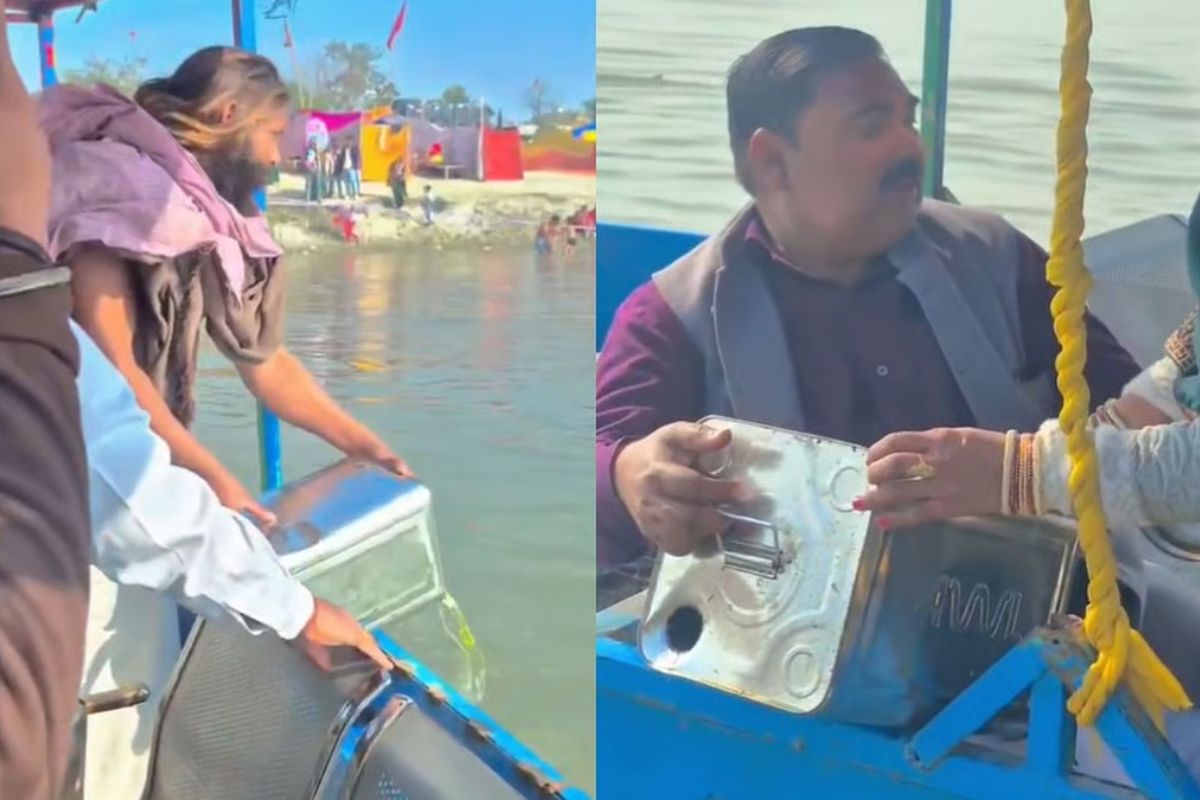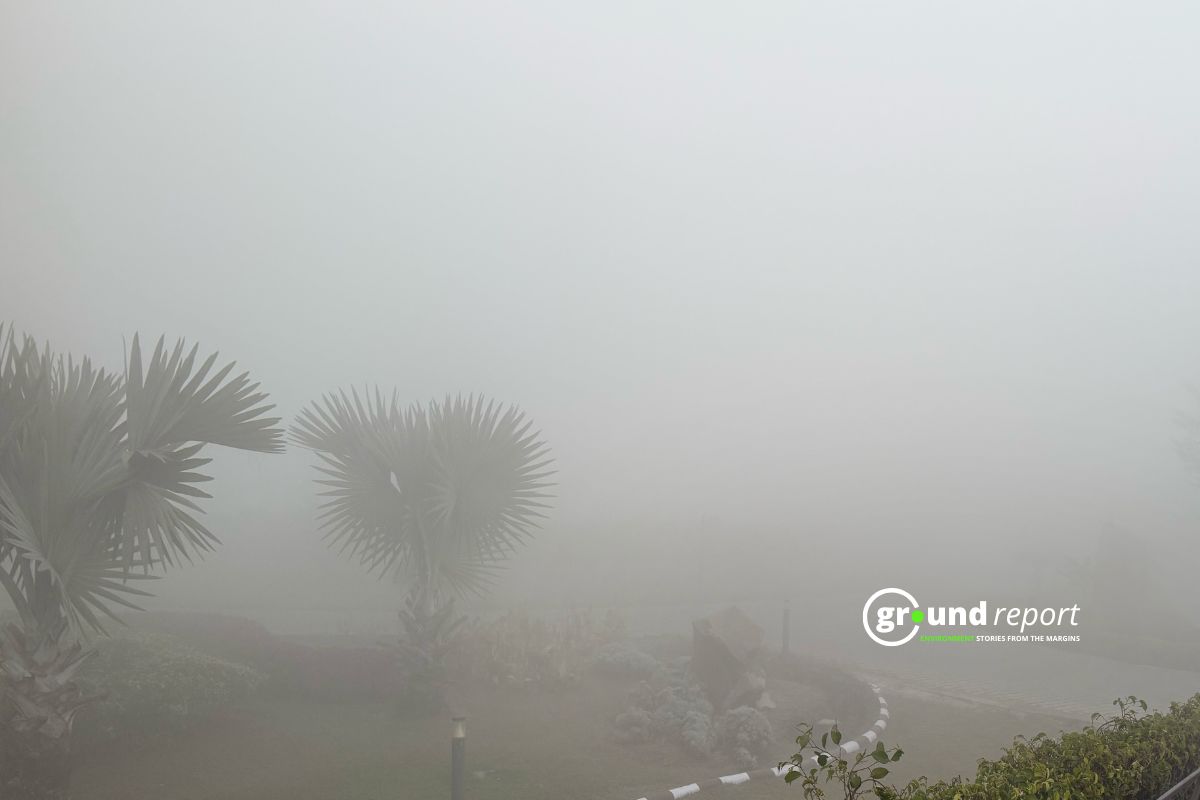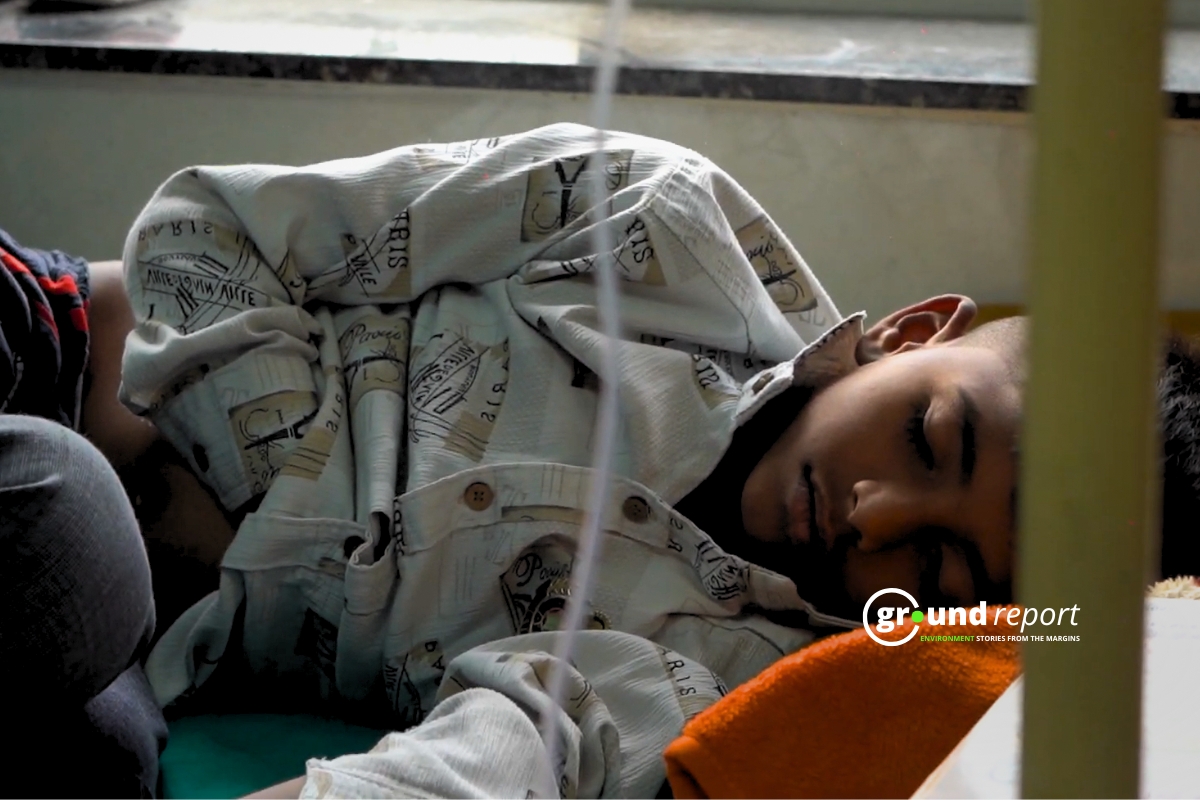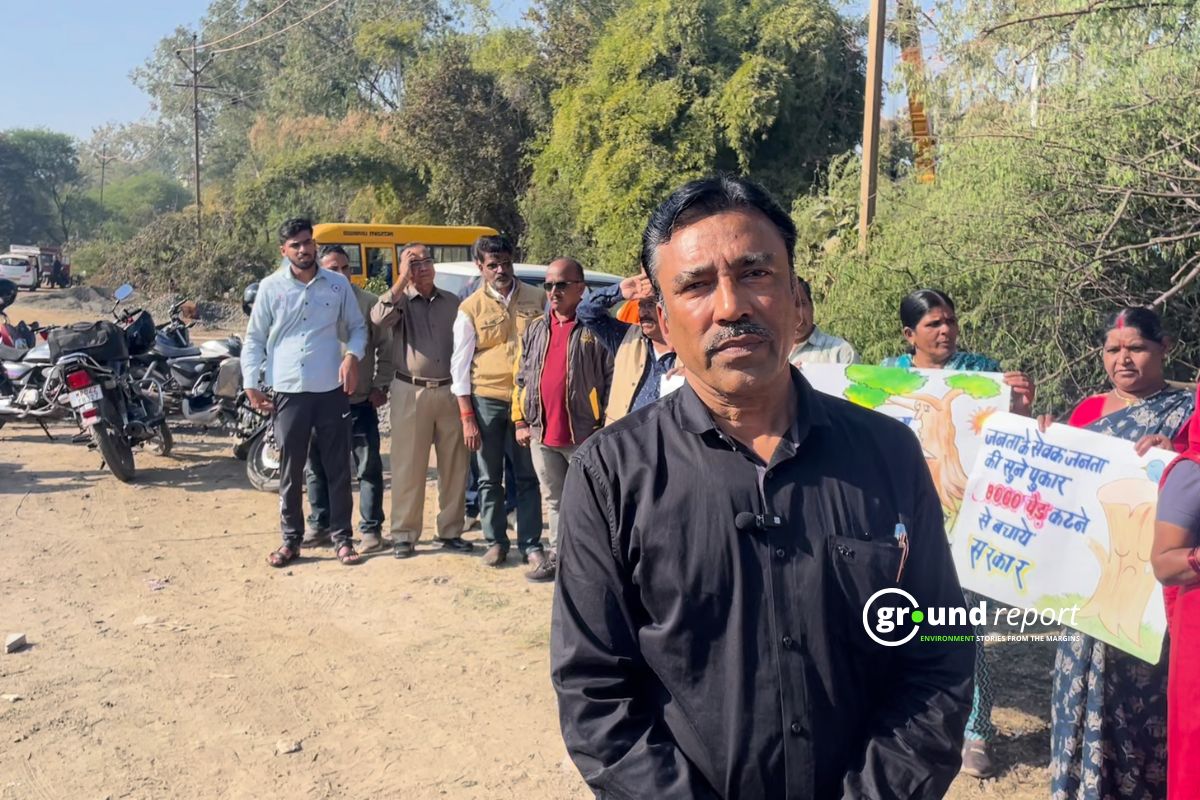A remote village in the Swiss Alps was nearly wiped out after a massive section of the Birch Glacier collapsed. The landslide hit Blatten in the Lötschental Valley on May 28, burying homes, roads, and forests under thick layers of ice, mud, and rock. Authorities had evacuated residents days earlier, but the scale of destruction has left the community in shock.
Drone footage shows the extent of the damage. About 90% of the village is either buried or destroyed. One man is still missing. Officials say glacier movement had increased in recent days, raising concerns about the stability of the surrounding terrain. The disaster has renewed questions about the impact of climate change on mountain regions.
What happened
A large portion of the Birch Glacier in the Swiss Alps broke off on Wednesday, May 28, triggering a landslide that buried most of the mountain village of Blatten in the Lötschental Valley.
Authorities had evacuated about 300 residents and livestock on May 19 after experts warned of an imminent rock and ice collapse. That warning became reality this week when a mix of glacier ice, mud, and rock thundered into the valley.
Massive Glacier Collapse in Blatten of Valais Switzerland 🇨🇭 (28.05.2025)
Video by Walliserbote pic.twitter.com/yGjsBwql92
— Disaster News (@Top_Disaster) May 28, 2025
Swiss authorities confirmed that around 90% of the village is either buried or destroyed. Drone footage showed homes, trees, and roads completely covered under layers of mud and debris.
“We’ve lost our village,” said Matthias Bellwald, mayor of Blatten. “The village is under rubble. We will rebuild.”
A 64-year-old man is still missing. Search teams are using drones equipped with thermal cameras to locate him.
The landslide also buried the nearby Lonza Riverbed, creating a risk of blocked water flows.
Why did it happen?
The Birch Glacier had shown signs of instability before the collapse.
A smaller landslide had occurred on May 18. After that, geologists and local officials increased monitoring. The glacier showed rapid movement in the days leading up to May 28.
Experts had warned that thawing ice and unstable rock were creating dangerous conditions in the valley.
Role of climate change
Experts say climate change played a role in the disaster.
Christian Huggel, an environmental scientist at the University of Zurich, said warming temperatures are melting permafrost in the Alps.
Permafrost acts as a glue for mountain rock. When it thaws, the rock weakens and slides become more likely.
“Various factors were at play, but the loss of permafrost due to warmer temperatures likely contributed,” Huggel told Reuters.
Switzerland lost 4% of its glacier volume in 2023. In 2022, it lost 6%—the largest drop ever recorded.
Emergency services are assessing damage. Helicopters are doing aerial surveys. Rescuers are monitoring the blocked river for signs of water buildup. Access to the valley is closed.
President Karin Keller-Sutter expressed support for residents. The government is working on shelter, financial support, and recovery plans.
Experts and residents are calling for stronger glacier monitoring to prevent future disasters.
Switzerland has more glaciers than any country in Europe. As they continue to shrink, the risk of similar events increases.
Support us to keep independent environmental journalism alive in India.
Keep Reading
Madhya Pradesh sees 66 forest fires daily; AI tracks, action still lags
Indore’s Ramsar site Sirpur has an STP constructed almost on the lake
Indore Reviving Historic Lakes to Combat Water Crisis, Hurdles Remain
Indore’s residential society saves Rs 5 lakh a month, through rainwater harvesting
Follow Ground Report on X, Instagram and Facebook for environmental and underreported stories from the margins. Give us feedback on our email id greport2018@gmail.com.
Don’t forget to Subscribe to our weekly newsletter, Join our community on WhatsApp, and Follow our YouTube Channel for video stories.
